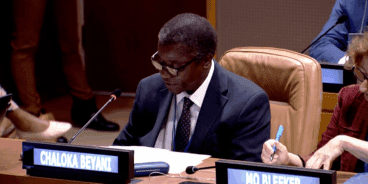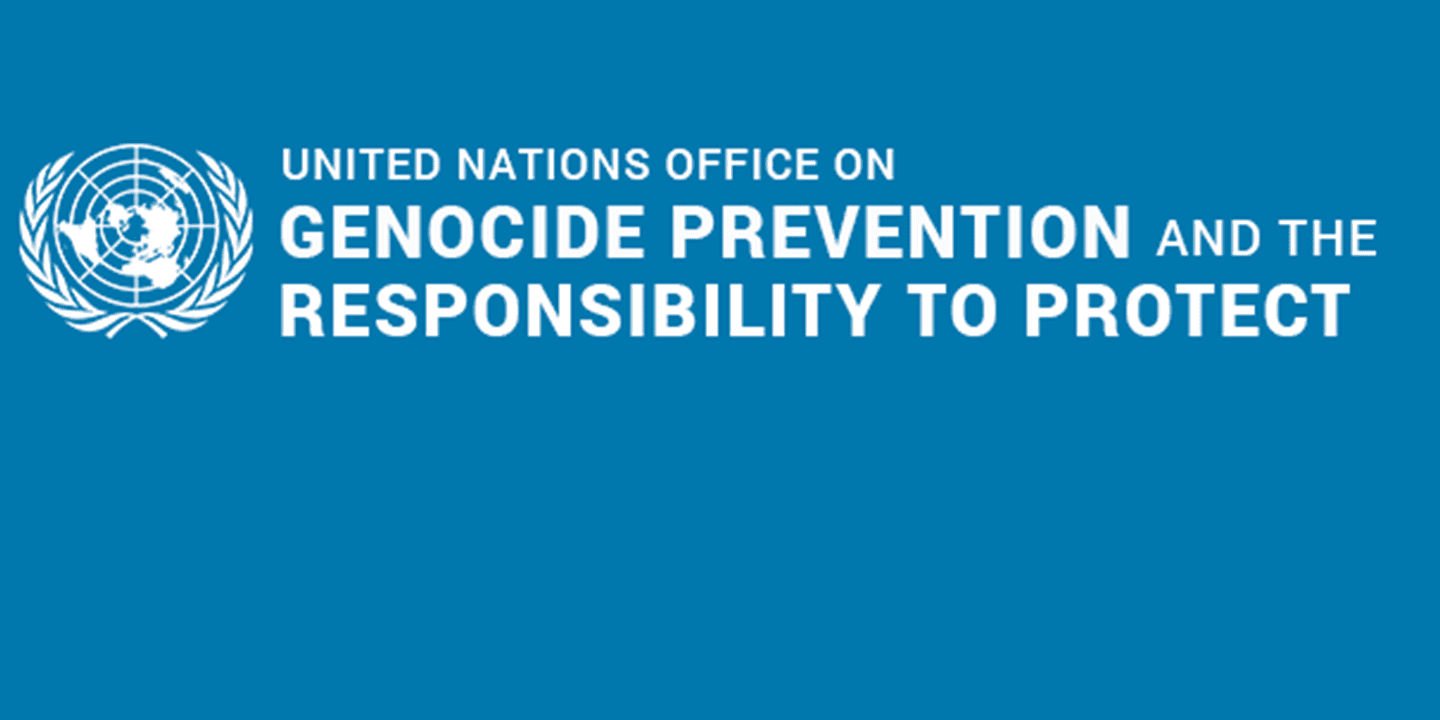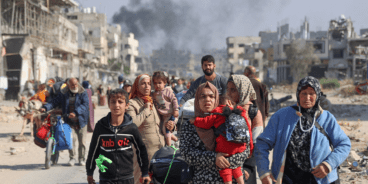

Statement by Ms. Alice Wairimu Nderitu, United Nations Special Adviser on the Prevention of Genocide, on the situation in the Middle East
The Special Adviser on the Prevention of Genocide, Alice Wairimu Nderitu, calls to prioritize all possible diplomatic efforts to bring an end to the ongoing hostilities in the Middle East and to redouble all efforts to strengthen the protection of innocent civilian populations, as well as to ensure the delivery of the necessary humanitarian assistance to those in dire need of receiving it. The Special Adviser also reiterates her demand for the immediate and unconditional release of all hostages, for the full compliance by the parties at war with obligations under international law, as well as for accountability.
“While the drums of war keep beating, opportunities for peace must be explored and maximized to the highest possible extent. True leadership is demonstrated by those who end wars. Both sides to the conflict have lost people. Thousands of innocent civilians have been killed in a conflict for which they bear no responsibility. The risk of regional escalation is no longer a fear but a factual reality. This must stop. We know that wars end in negotiations. Dialogue must be accelerated and opportunities for peace strengthened and sustained. This is imperative and urgent,” emphasized the Special Adviser.
Special Adviser Wairimu Nderitu also calls for dialogue to be undertaken at all levels. “The existence of high-level political dialogue may sometimes obscure the fact that most armed conflict happens mainly within local communities. High-level dialogue remains essential, but dialogue to reduce tensions at the community level must also be prioritized,” stated the Special Adviser.
“A time comes when wars end. For the Middle East, this time has come. All sides have arrived at a mutually hurting stalemate. This is a time to enable relationships, create and build commonalities between groups, to tackle myths and stereotypes, rather than to reinforce and emphasize differences. This is a time for collaborative problem solving between warring parties, a time to transform conflict and guide the energy of conflict away from violence to ceasefires and peace agreements. This is a time for positive structural and relational changes to meet everyone’s basic needs.”
For this, the Special Adviser called on the people in the Middle East “to arrive at a profound recognition of the essential humanity of the other, their historical ties, and build a sense of mutuality and common purpose, which remains so necessary for the future generations to move forward together. Dialogue is not an end in itself but a means towards building a culture of peace based on shared needs for communal stability and safety. This task is enormous, and people on both sides are carrying deep hurt, yet this process must start now. This war must end now,” emphasized the Special Adviser.
Special Adviser Wairimu Nderitu also reiterates that her prevention mandate does not allow her to express a position on whether the crime of genocide or any other specific international crime has been committed, which can only be determined by a competent, independent and impartial court of law. In this respect, the Special Adviser reiterates her full respect to the ongoing proceedings at the International Court of Justice.
“When death and suffering unite victims, leaders in the region must respond by unequivocally advancing towards peace. This call remains urgent and requires all possible support. Nothing can return the lives of those who have perished in this conflict, but further violence can and must be prevented. Those waging war must understand that the only path to victory is the path to peace. Those seeking to build peace must be always supported. This is a call for action to all those in a position of influence, who must take a step forward now,” emphasized the Special Adviser.
Related Content


Global Centre Country Advocacy: Israel and the Occupied Palestinian Territory
